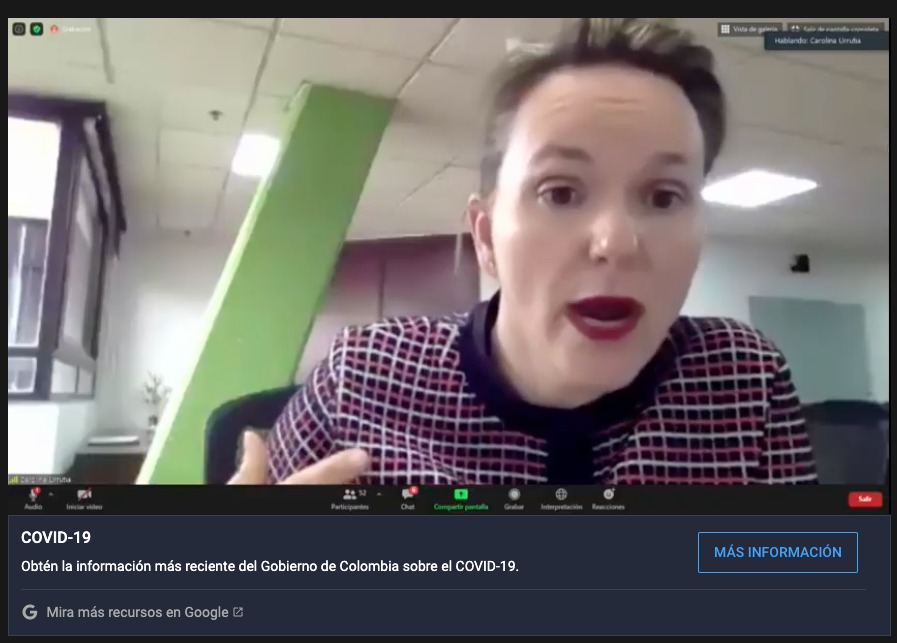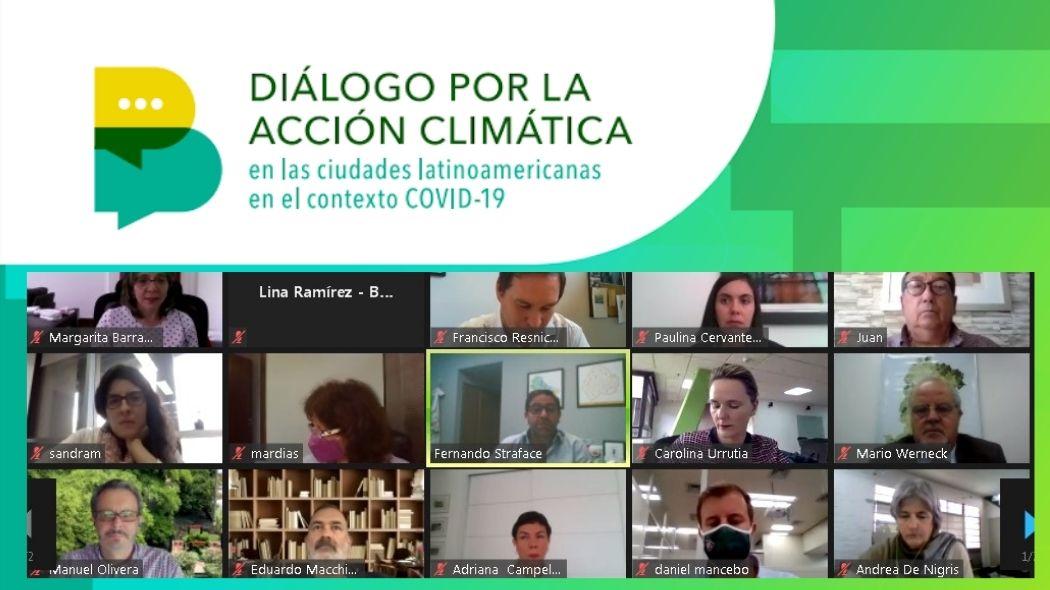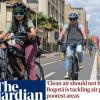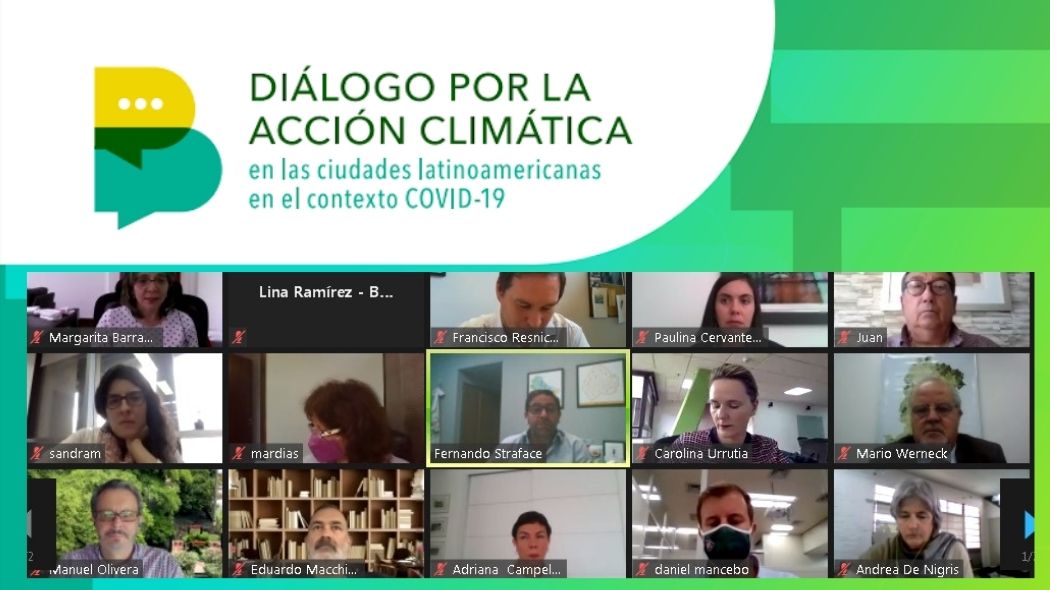Since March 2020, the mayor of Bogotá, Claudia López and the mayor of Buenos Aires, Horacio Rodríguez Larreta, have been regional vice presidents of the C40 steering committee and their mission is to actively involve Latin American cities in the development of climate policies.
Thanks to this new appointment, Buenos Aires and Bogotá launched the joint initiative: "Dialogue for climate action in Latin American cities in the post-COVID-19 context", fulfilling their objective of positioning the climate agenda of the two cities that have taken the leadership of the implementation of measures to combat climate change.
This regional meeting of 14 cities, member and non-member of C40, was held to share experiences of political and technical positioning of the Climate Action Plans in Latin America around green recovery based on sustainable mobility; financing with sustainability criteria; new models of responsible production and consumption in the framework of COVID-19.
The opening of the meeting was made by Francisco Resnicoff, undersecretary of International and Institutional Relations Authorities in charge of climate action agendas, highlighting the regional leadership with cities belonging to and not belonging to the C40 who welcomed the attendees and highlighted how essential it is that cities comply with the international commitments assumed on climate change.
Afterwards Fernando Straface Secretary General and International Relations of the Government of the City of Buenos Aires intervened and spoke of the role of his city and Bogotá within the C40, “As our mayors are vice-presidents of C40 they have a lot of responsibility on the agenda. It is important to have resources for a green and fair recovery, and these purposes will advance better if they are regionalized. With the pandemic we became very aware of the relationship between a healthy environment and human health. This made COVID-19 an opportunity to make climate change politically relevant. "
For her part, Margarita Barraquer, general secretary of the Bogotá Mayor's Office, commented on the role of the new vice-presidency of the C40, “Our management is to work with Buenos Aires so that local impacts transcend borders. In our agenda it is a priority to link cities and their entities so that they propose and implement actions”.
This vice presidency has become a commitment for Bogotá with the Latin American region and the world, to advance in the development of public policies from the local to meet the goal eleven of the 2030 Agenda to create sustainable cities and communities
Another of the guests was Carolina Urrutia, Secretary of the Environment of Bogotá, who raised the new challenges and responsibilities that the pandemic brings to the region, “COVID-19 forces us to rethink while we execute. We are responsible for setting ambitious goals and uncertainty cannot stop us. Science and the global situation call for action so that all actors in society assume their responsibility, whether they are individuals, organizations or companies”.

For his part, Eduardo Macchiavelli, the secretary of the environment of Buenos Aires, spoke of the need to change the dynamics of citizenship, “We have to reformulate the way we relate to cities, we must work to inhabit them in a friendly way because the recovery from the pandemic is taking place in the public space, so we need cities where we can feel healthy, work and be happy ”.
Renzo Morosi, the president of the Environmental Protection Agency of the City of Buenos Aires, emphasized the approaches brought by the pandemic, “We want to make Buenos Aires a polycentric city in which the need to travel great distances is eliminated; a city in which vital activities can be carried out close to where you live, to reduce traffic flow and make it increasingly walkable ”.
At the end of the event, it was concluded that the pandemic has made visible problems of densification of the cities that have to be attended to. In the case of Bogotá, these needs have been addressed by the District Development Plan A New Social and Environmental Contract for Bogotá in the XXI Century, which raises the need to change the way the city is seen and thought. Always bearing in mind the commitments made in the Sustainable Development Goals and the challenges involved in managing the COVID-19 pandemic. That is why it has sought to generate new transversal public policies to all sectors of the district to continue working on the development of the environmental agenda.
An example of these actions was the implementation of provisional bicycle lanes (bicicarriles) in strategic corridors of the city to avoid crowds in the massive transport system. This measure was not only beneficial in the management of the pandemic, but has also allowed progress on issues such as health and sustainable development, which is why the process of transforming the bicycle lanes into a permanent measure began. With these types of bets, Bogotá has managed to position itself as a leader in the environmental issue and in the management of the climate crisis in the region.
To read this note in spanish, click here







